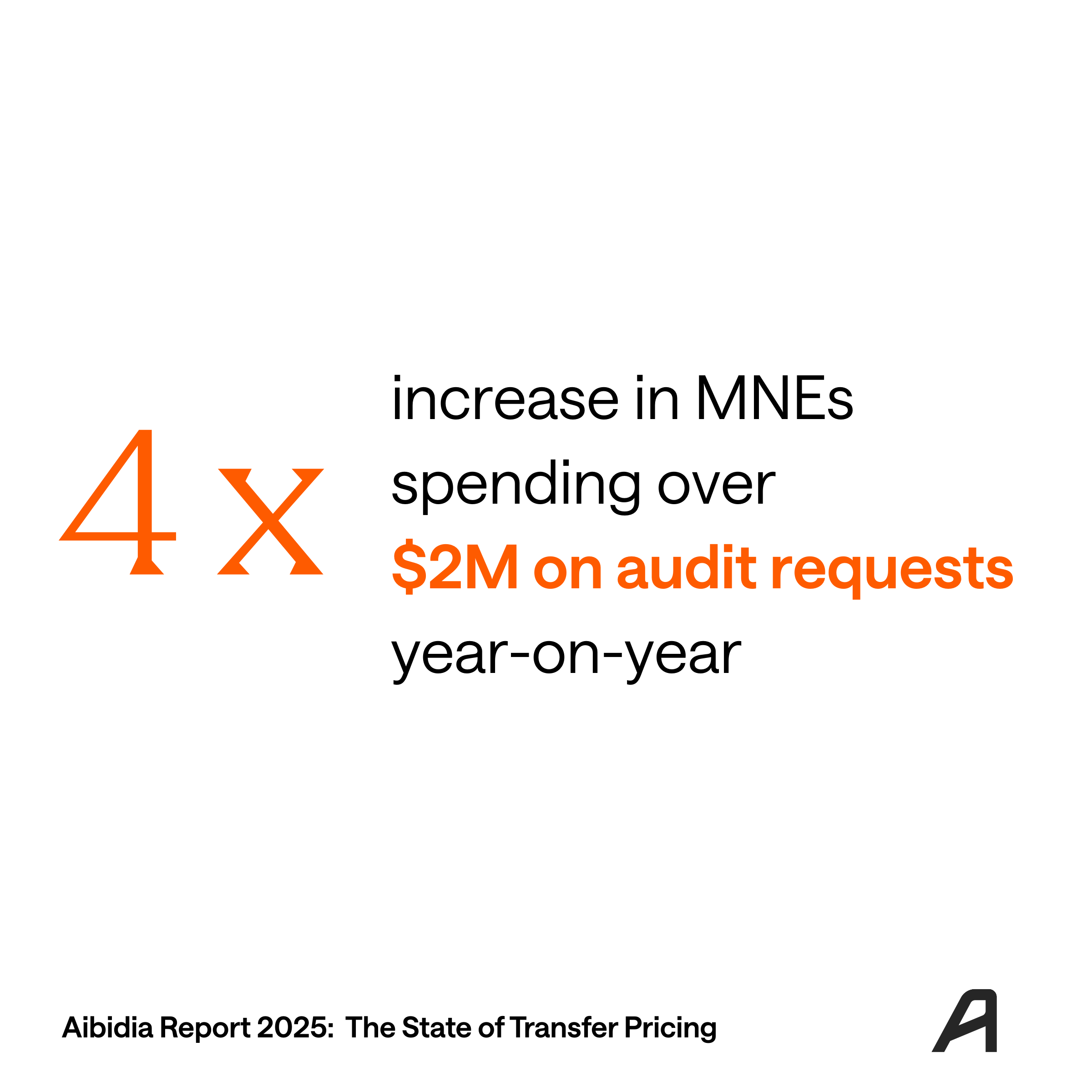The ITR Global Transfer Pricing Forum 2023, held in London from September 26 to 27, offered a wealth of insights into the dynamic world of transfer pricing. Among the numerous topics discussed, three key themes stood out, highlighting the challenges and opportunities businesses face in this ever-evolving landscape.
1. Complexities of Pillar One and Pillar Two
The conference commenced with a deep dive into the complexities of Pillar One and Pillar Two. It was evident that the introduction of a global minimum tax, along with the new approach to digital presence taxation, may create considerable challenges and uncertainties for multinational enterprises (as well as tax administrations). Understanding the implications of the Pillars is vital for businesses looking to adapt and navigate the complexities of international taxation. It’s also crucial for tax administrations to preserve their tax bases in the new world.
The conference provided valuable insights into the future of Amount B and Pillar One. This specific aspect aims to define a fixed return for baseline marketing and distribution functions, presenting significant implications for businesses' international tax strategies. Pillar Two, addressing the concept of global minimum taxation, also drew significant attention. The future implications of these initiatives, along with changes in the EU, provoked interesting debates and discussions around the topic.
2. Use of technology and digitalization of transfer pricing processes
The role of technology in transfer pricing took a prominent position during the conference. Transfer pricing professionals emphasized the significance of technology as a game-changer in this field, especially because many tax administrations are ahead in the game. Additionally, Aibidia's CEO and Founder, Hannu-Tapani Leppänen, provided inspirational insights during a panel discussion on ensuring tax compliance through operational transfer pricing, highlighting the role of data and digitalization. He emphasized how the adoption of advanced tools and automation can streamline transfer pricing processes. These technologies not only enhance efficiency but also reduce the risk of human errors in transfer pricing calculations and documentation.

A key theme that emerged was the digitalization of transfer pricing processes. Traditional, manual processes using email, Excel and Word are evolving towards digital solutions. This transition empowers businesses to centralize their data, enhance data organization, and streamline documentation efforts, reducing the risk of errors and ensuring compliance with global regulations. As the international tax landscape continues to evolve, businesses are increasingly embracing digitalization to stay compliant and competitive.
3. Regional update, especially Brazil's new regulations
Understanding regional variations in transfer pricing regulations emerged as another vital discussion point. The panelists provided comprehensive regional updates, and one of the standout regions discussed was Brazil. As Brazil is moving towards the OECD standard with its new transfer pricing regulations, significant implications are expected for businesses operating in the country. Staying informed about regional variations is essential for compliance and effective transfer pricing strategy implementation.
Conclusion
The ITR Global Transfer Pricing Forum 2023 provided a wealth of insights and expertise in the field of transfer pricing. The complexities of Pillar One and Pillar Two, the transformative role of technology, and the importance of regional updates were central to the discussions. In this ever-changing landscape, businesses need to stay informed and adapt to evolving international tax frameworks.
To help you navigate these changes effectively, watch our webinar on Pillar Two regulation. This session will shed light on Pillar Two, including the Transitional CbCR Safe Harbour test, and introduce Aibidia's innovative Pillar Two Solution tailored to benefit your business.
You can watch the full webinar here.






%20(2).png)


.png)

.png)
.png)






.svg)
